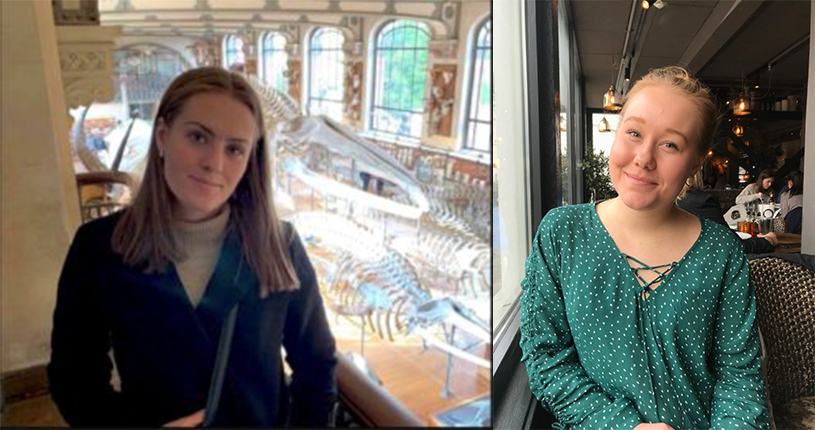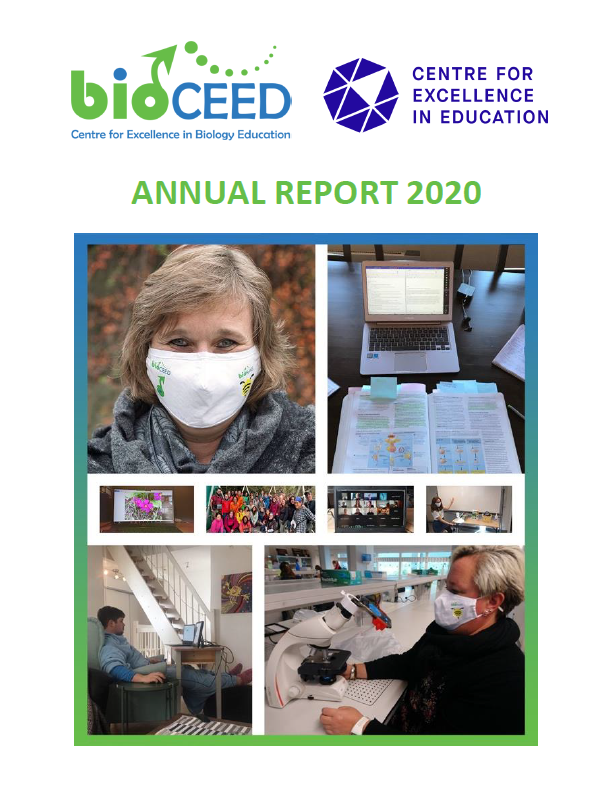Engaging students during remote instruction – Online workshops at BIO and UNIS
The workshops “Engaging students during remote instruction” took place at BIO and UNIS in January- February and involved more than 60+ teachers across BIO and UNIS.
When teachers at BIO, due to current regulations, had to postpone their annual Teachers Retreat (once again!), they went digital and made a Teacher’s workshop led by Sehoya Cotner, Sigrunn Eliassen, and Vigdis Vandvik. The topic was very relevant to the current situation as many teachers are engaged in the question about how to facilitate online learning–both to build on their experiences with remote teaching and to learn some new tools. The same was true for teachers at UNIS, starting up digital teaching after a fall semester without any teaching at all and longing to share and get input on useful digital tools for teaching.
During the workshops, the participants were guided through several online learning tools and tips and tricks for online learning, providing the participants the opportunity to try the learning tools during the sessions. Teachers also shared their experiences, challenges and suggested solutions to (some) of each other’s challenges. Experiences varied, but included tools such as annotation, padlet, whiteboard, live notes and polls. We discussed how to use these tools to get the students to engage in the topics, share their experiences and give feedback to the teacher and their peers using Zoom at BIO and Teams at UNIS. Text-based synchronous chatting seems to be an area where teachers have different experiences. Some find it hard to both teach and read the chat at the same time and some have found the solution to appoint one or two students to follow the chat. Others find the chat a good way of communicating with the students during sessions and use the chat actively during their teaching session for discussion, questions, and quick feedback. Current unpublished research by Sehoya Cotner and colleagues indicates gender differences in engagement and suggests that women are less likely to speak up in the online classes, but more likely to engage in the chat. This research mirrors work on gender-biased classroom participation, published in 2019 with several bioCEED coauthors.
At the BIO workshop, breakout rooms were used to discuss how the participants could implement what they learned during the workshop, and what they found to be solutions and challenges. The participants shared tips for social ice-breakers in the online setting like playing with the filter-settings in zoom, or different “games” to make the students get to know their fellow students. They also discussed the importance of giving the students clear expectations for their participation, clear instructions for their assignments and how to make the students socially responsible to each other as a way to encourage attendance and engagement in online learning.



